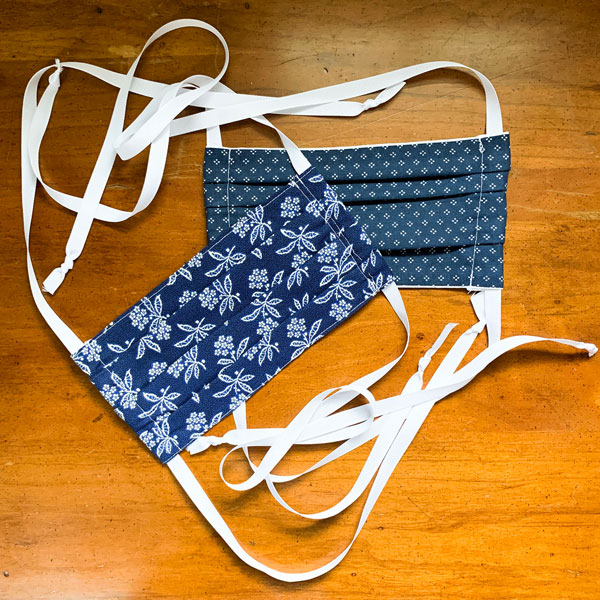When stay-at-home orders were issued in March, calls started pouring in to Newcastle’s Split Rock Distilling for some off-the-menu items: local hospitals needed hand sanitizer in massive quantities. Pronto. Could they help?
The six-year-old organic craft distillery had the capacity to generate ethyl alcohol, the main ingredient in hand sanitizer, and make the entire product to meet FDA and WHO specifications. With some retooling, the staff of seven began making it by the drum for hospitals, first responders, and essential businesses, eventually offering it for sale to retail customers via shipping and curbside pickup.
“It was an opportunity to do our part,” says Topher Mallory, who co-founded the distillery with Matt Page. “We thought, if we can just sell this into the community close to cost, it helps keep hands clean and gets us a little closer to being back to our day-to-day lives.”
Split Rock is one of dozens of Maine-based artisanal businesses leveraging their know-how, production lines, and raw materials to meet community needs in the wake of COVID-19. Dozens of craftsmen have transformed their workshops into mask-making operations for front-line workers, as well as the general public, which has allowed them to keep staff and contractors on the payroll and make sure bills get paid.

The Pussums Cat Company in Turner, for instance, is using the fabric that is typically sewn into catnip sacks into masks to cover N95 masks for healthcare workers, which extends their usefulness. Founder Susan Shaw is donating one mask for every 10 sold. In Standish, Rogue Industries, which makes leather wallets, bags, and briefcases, pivoted to mask making, investing in industrial sewing machines to speed up production, both offering the masks for sale, and donating hundreds of masks to organizations in need in Maine. Sea Bags, which recycles used sails into totes, began making masks, donating its first batch to senior living facilities, and eventually offering them for sale to retail customers. Flowfold in Gorham, which makes sails into wallets, backpacks and gear, has been manufacturing protective face shields just for hospitals and healthcare facilities.
Maine Flag Company added “Heart of It All” flags to its lineup of handmade nautical flags, donating all proceeds to feed front-line health workers, which has amounted to more than $6,000 thus far. Demand for the flags quickly outstripped production capacity, and there’s an extensive waiting list, says Chris Korzen, who owns the Portland business with his wife, Bethany Field.
“People are looking for ways to express solidarity and support for their neighbors,” says Korzen.
Even craftsmen who haven’t shifted their production have been bustling to meet a swell of demand for their all-natural handmade skincare products.
“People are thinking a lot about the possibility of having a serious illness, and thinking about how they can stay as healthy as possible,” says Michele Gilfoil, founder of Planet Botanicals, which makes kelp-based soaps and hand creams in Westbrook. Many makers of soap are seeing more bulk orders and sales of gift packages. At a time when handwashing is seen as a critical way to halt the spread of COVID-19, it seems like an ideal care gift for far-flung loved ones.
Michelle Byram, owner of SoulShine Soap in Hampden, has seen more customers signing up for subscriptions, which allows customers to sign up for three, six, or 12-month supply of soaps made with organic, sustainable palm oil.
The surge of online orders has been critical since many of the fairs, events, and trade shows that the artisans rely on have been cancelled, and orders from retailers and wholesale customers have dropped off sharply.
One of the biggest ways that supporters of Maine-made products have helped, says Claire Weinberg, owner of Dulse & Rugosa seaweed-based skincare, has been by expressing support on social media, with likes, follows, reviews, and hashtags like #votewithyourmoney, which boosts businesses’ visibility on web searches. “It doesn’t cost anything,” says Weinberg, who is based in Gouldsboro, “and it makes a big difference.”







